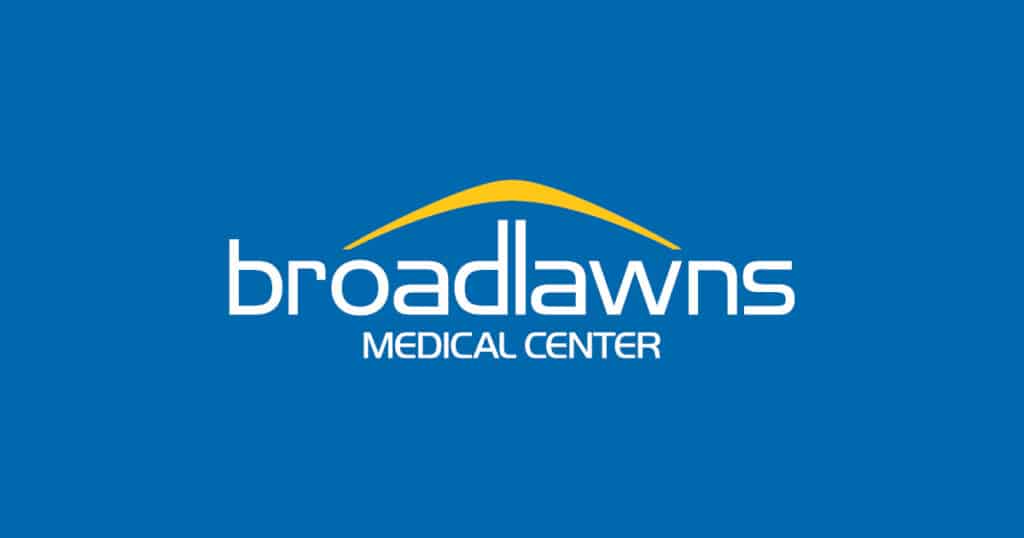Branstad: Iowa will pursue state-federal health exchange

Gov. Terry Branstad this morning announced that Iowa will pursue a state-federal partnership to develop and operate a health insurance exchange.
Branstad said adopting a state-federal partnership will “avoid a costly state-based model and will instead pursue a state-federal partnership to retain autonomy over Iowa’s health-care system and minimize costs.”
Under provisions of the Patient Protection and Affordable Care Act enacted in 2010, governors faced a deadline today to declare whether their states would form a state-operated exchange or form a state-federal partnership. States that do not meet today’s deadline would default to a federally run exchange under the Affordable Care Act.
The exchanges, online portals on which consumers can shop for and purchase health insurance, are supposed to begin operating Jan. 1, 2014.
In a letter to U.S. Health and Human Services Secretary Kathleen Sebelius, Branstad said he is “not convinced that my State would have the freedom and flexibility needed to design an exchange to meet the health care needs of our people,” and that the state “intends to minimize the Federal government’s intrusion into the regulation of insurance.”
In a release, he said the state-federal partnership will allow the federal government to pay for initial exchange setup costs and administer “the cumbersome web portal, a federal call center and expensive web interfaces,” while allowing the state to continue to administer its own health-care programs, regulate the insurance industry and continue wellness programs through the Healthiest State Initiative.
According to a summary of health-exchange decisions compiled by the Kaiser Family Foundation, nearly half the states will have federally operated exchanges. According to Kaiser, 19 states and the District of Columbia have opted to form state-operated exchanges, six plan partnership exchanges and two states, Utah and Florida, were undecided as of Dec. 13.










